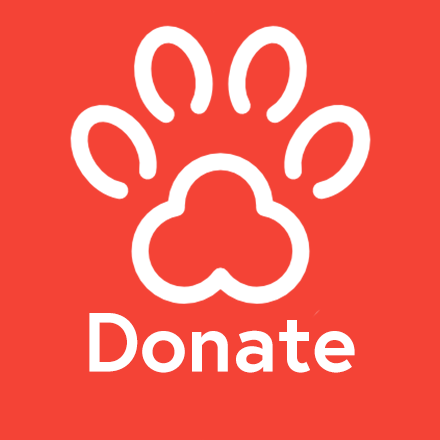Disaster Preparedness: How Working Together Saves More Lives
As Hurricane Dorian overwhelmed their shelter, the staff members of the Humane Society of Grand Bahama desperately stacked crates of cats and put dogs on any high surface they could find as flood waters poured into their shelter. It was only when the water reached their necks that the heroic employees pulled one another into a small crawl space in the attic. They listened to the cries of the animals in their care as the water level grew higher and higher. Then, there was silence.
Those of us in animal welfare watched this unfold, on television and on social media, bearing heartfelt but ultimately helpless witness as our brother and sister shelter workers endured the unthinkable – and risked their own lives for their charges.
Dorian killed at least 50 people and potentially thousands of animals, including almost half of the animals at the Humane Society of Grand Bahama.
On Wednesday evening, it was our great privilege to finally be able to do something. Around 8:30 p.m., we welcomed the 84 surviving cats at the Morristown, New Jersey, airport. As the plane taxied in, I couldn’t help but put myself in the shoes of Tip Burrow, the shelter’s executive director. She and her staff have endured the unimaginable and we grieve alongside Tip and her team and give them our utmost respect for their extraordinary efforts to save their animals.
After the cats were safely settled into their kennels at St. Hubert’s Animal Welfare Center, I finally had a quiet moment, and reflected on how many organizations played a part in saving these precious animals’ lives. From the Humane Society of Grand Bahama who were miraculously able to save the cats from their flooded building, to Wings of Rescue who transported the cats to us on a flight funded by GreaterGood, each of these organizations rolled up their sleeves to get the job done. While many organizations in the animal protection community may differ on a day-to-day basis in terms of their shapes and sizes, philosophies and policies, we know one thing is true: in times of crisis the most vulnerable lives depend on us and we must work together.
Each of the organizations that make up the Humane Rescue Alliance (HRA) - St. Hubert’s, Washington Animal Rescue League, and Washington Humane Society - have a rich history of both welcoming homeless animals from threatened areas and deploying our staff to support impacted communities. We are greatly expanding our ability to do this work.
This week, and through the years, we have been proud to work alongside national organizations, such as the Humane Society of the United States, the ASPCA, and GreaterGood, as well as local shelters to pool resources and staff to maximize our impact. This Spring, thanks to a gift from the Humane Society of the United States, HRA will be training our 20 field responders to become certified swift water and animal search and rescue responders. These certifications will allow HRA to respond at a moment's notice to any hurricane, flooding event, or other natural disaster to help animals and people in need.
We have made a deliberate decision to invest more of our resources into disaster preparedness so we can increase the support we provide for impacted communities; the truth is that more communities – and the animals who live in them – are vulnerable to our new reality. Since 1970, the number of natural disasters worldwide has more than quadrupled. A 2018 federal government report warned that storms, droughts, and wildfires will become more powerful and last longer.
The Mid-Atlantic region, where our five shelters are located, is no exception. With nearly 500 miles of coastline, it is essential that HRA/St. Hubert’s be prepared for a disaster and that we support other organizations’ efforts to prepare. In the Spring of 2020, HRA and the Professional Animal Workers of Maryland (PAWS) are hosting the inaugural Mid-Atlantic Animal Care & Field Services Conference. This conference will provide a critical opportunity to build collaboration among animal control agencies, shelters, rescues, and other key stakeholders in our region.
Sharing best practices in disaster preparedness, learning from one another, and building relationships between shelters in coastal communities and those inland is now essential. And make no mistake – by leaning on one another and eliminating the space between us as individual organizations, we will ultimately be able to save more of the precious lives to whom we have dedicated our own life’s work.





